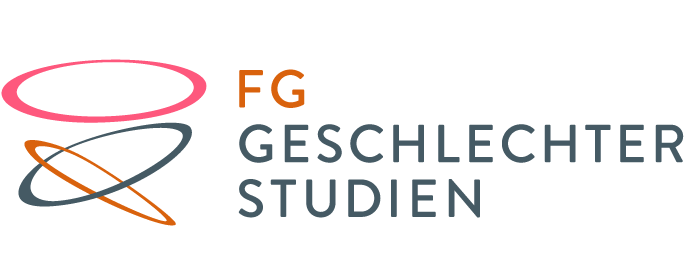The archive and questions of its politics, infrastructures, and technologies are a prominent focus of research within Gender, Sexuality, and Postcolonial Studies. In recent years, universities, museums of natural history as well as ethnological museums, national archives and scientific collections, both in North America and in Western Europe, have undergone increased academic as well as public scrutiny regarding their historical entanglements with colonial history. The focus has been on the specific material collected and preserved, the archives‘ content and its representation, the production of data (cultural, social, biological, etc.) as well as the very politics of selection, the historical narratives they enable, and the gaps they necessarily entail. Whose and what knowledges are archived and what is absent? What concepts of history, belonging or life itself do different archives generate and pass on?
In this project that comprises extensive teaching and research exchange under the joint roof of the Center for Transdisciplinary Gender Studies (ZtG) at Humboldt-Universität zu Berlin and Princeton University’s Program in Gender and Sexuality Studies (GSS) we want to re-imagine the archive as a research tool and laboratory that encompasses alternative ways of creating academic knowledge. Against the simple binary of absence/presence, we argue that the idea of re-imagining the archive needs to rest on more complex methods than “rescuing” forgotten artefacts and/or adding the stories of minoritized subjects to existing historical narratives. Re-imagining here means reading both with and against the grain, focusing on the messy entanglements and the sexual politics that any form of archiving entails. This includes work with the material objects, classificatory orders, and the socio-material, spatial, and temporal constellations that configure archives. How, in short, can we re-imagine the archive in such a way that the practice of imagination becomes a methodological tool in itself.
Professor*in
Prof. Dr. Elahe Haschemi Yekani (Humboldt-Universität zu Berlin), Prof. Silvy Chakkalakal (Humboldt-Universität zu Berlin)
Forschungsprojekt abgeschlossen
nein
Laufzeit
2019 – 2021
Informationen zur Förderung
Hochschulmittel
Sonstige Förderung
Princeton-HU Strategic Partnership Grant



